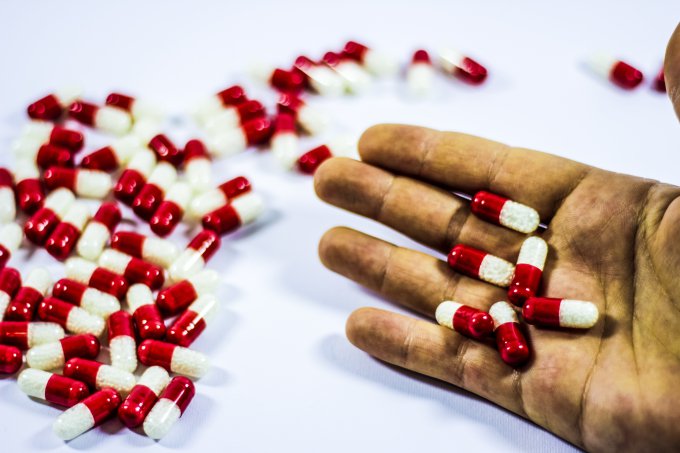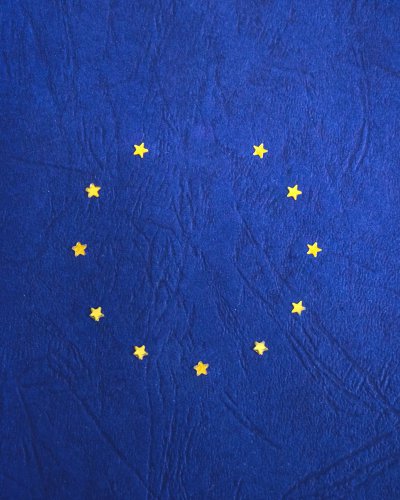The situation of patients with rare diseases is improving. Further therapies are added to the reimbursement list and the Ministry of Health is working on changing the rules of financing orphan drugs. One of the groups that have recently gained access to modern drugs are patients with tumour sclerosis. An opportunity for patients with rare diseases is also new regulations on access to life-saving drugs.
Rare diseases are a group of diseases that affect a relatively small part of a given population. In Poland, about 6% of the population suffers from them, i.e. 2-3 million people. These patients face such problems as diagnostic difficulties, lack of specialist doctors, limited access to medicines, high cost of treatment.
- The financing of treatment of rare diseases differs from the financing of treatment of more common diseases due to the fact that the prices of drugs are often higher. The Ministry of Health is working on another regulation for the reimbursement of rare diseases. Both the patients and we, the doctors, are waiting for this," says Prof. Katarzyna Kotulska-Jóźwiak, head of the Department of Neurology and Epileptology at the Children's Health Centre in Warsaw, says the Newseria Biznes news agency.
For several months now, the Ministry of Health has been working on the implementation of the National Plan for Rare Diseases, whose aim is, among other things, to change the system of financing the so-called orphan drugs. Currently, their assessment takes into account cost-effectiveness, as in the case of drugs for common diseases, and orphan drugs usually do not meet this criterion. Patients hope that work on new regulations in this area will accelerate under the guidance of the new Deputy Minister of Health. Since August 1, Marcin Czech is responsible in the ministry for, among others, drug policy.

An opportunity for patients with rare diseases may also be provided by the regulations on access to non-reimbursed therapies in the framework of the so-called emergency access to drug technologies, in force since 23 July this year. The Minister of Health may issue an individual consent to the reimbursement of a medicine if it is necessary to save the patient's life or health. However, it must be an authorized medicine.
Tuberous sclerosis patients are one of the groups in Poland that have recently gained access to therapy. In the middle of the year, the drug everolimus appeared on the reimbursement list, which inhibits abnormal transmission of signals inside the cells caused by genetic mutations. As a drug from the group of pathway inhibitors mTOR is a standard treatment for this genetically conditioned disease.
- This is a huge change. It gives the possibility of introducing treatment, thanks to which we avoid surgery. It also gives the possibility to lead a life free from seizures in case of epilepsy or a chance for a better development of the child in the future - emphasizes Prof. Katarzyna Kotulska-Jóźwiak.
One in 6,000 people suffer from nodular sclerosis. As a result of the disease, the body develops mild nodular tumor changes, occurring mainly in the brain, skin and kidneys. Most of the lesions are visible in children over 3 years of age, although already during the fetal period echocardiographic examination performed between the 20th and 22nd week of pregnancy nodules in the heart can be observed.

















Comments (0)